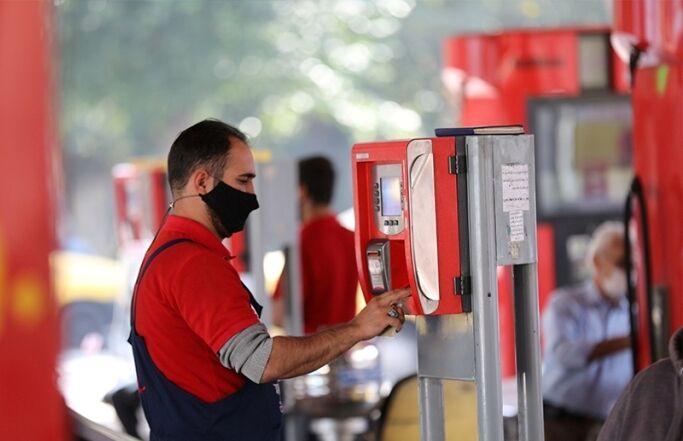Russian Minister of Energy Alexander Novak recently called on all energy market players in the world to make joint efforts to counter the consequences of the coronavirus and falling demand for fuel. However, there is yet no shared understanding of the crisis caused by fuel demand, between energy consumers and producers.
The main reason behind the current fuel crisis in the world is that due to lockdown following the outbreak of the novel coronavirus across the globe, fuel consumption level has fallen in many nations. As transportation vehicles are used less than before, fuel consumption has subsequently dropped.
For instance, when the US government ordered people to stay home, gasoline consumption dropped 30% week-on-week. That reflected similar conditions in Spain and Italy – the two European nations with toughest lockdown and restrictions against covid-19. As a result of fuel consumption cut, refineries had to reduce their output because they could no longer buy oil or gas for processing. That sent prices down to historic lows.
The Organization of the Petroleum Exporting Countries (OPEC) and their partners – known collectively as OPEC+ – have made efforts to restore stability to the oil market, but these efforts have not been sufficient. Restoring stability to world markets would require coordination among producing nations that may be following different policies. That is while consuming nations have not paid due attention to the consequences of reduced energy consumption. Furthermore, some producers do not show much willingness to reduce their production. Therefore, under conditions of demand shortage, excess supply is offered and energy prices decline.
Estimates do not augur any bright outlook for energy markets across the globe. For instance, the International Energy Agency (IEA) forecasts oil demand to fall 2.6 mb/d in 2021 from 2019. For this agency, the covid-19 outbreak would even reduce demand for fossil fuels seven times more, compared with the 2008 financial crisis.
For the IEA, the biggest drop in energy demand since World War II would cause a decline in global oil, gas and coal consumption over several decades.
According to a World Bank report, although demand for jet fuel rose during the third quarter of 2021, global demand would not return to pre-covid levels of 8 mb/d before 2023. Therefore, slowly improving demand for jet fuel would keep global oil demand low for at least two more years. That is because the number of air travels could decline and obligatory lockdowns would keep people from traveling on planes.
If the coronavirus is viewed as a global crisis, the decline in fuel consumption itself would be considered a new crisis. As the coronavirus crisis may be managed via global solidarity, fuel crisis would also require cooperation among all energy market players.
Future Perspective
Several major factors have proven to be instrumental in lowering global demand for fuel and subsequently creating a fuel crisis as follows:
1. Continued coronavirus pandemic and imposition of new restrictions to fight this virus mainly in European nations that are among the major consumers of energy in the world;
2. Weakened fuel consumption in the US as one of the largest consumers of fuel and its role as a regulator in the global markets;
3. The requirement by some producing nations to produce further for higher income, which has resulted in supply glut, lower demand and subsequently price decline;
4. Lack of supervision on the production ceiling in some countries like Libya where more than one administration is in power; and
5. The consuming nations’ ignorance of supply-demand balance, making fuel demand crisis a serious challenge for the future of the energy industry.
Therefore, under circumstances where on one hand no significant change is seen in the energy consumption pattern of consumers, while on the other the subsequent waves of the coronavirus would add to lockdowns, as long as no vaccine has been developed to help counter this disease, no important improvement would be seen in demand for fuel.
In case development of a vaccine takes too much time, many energy companies would go bankrupt, which would in turn put many oil and gas service workers out of work, and investment in the energy sector would fall to historic lows.
Courtesy of Iran Petroelum
by
Shuaib Bahman


Your Comment